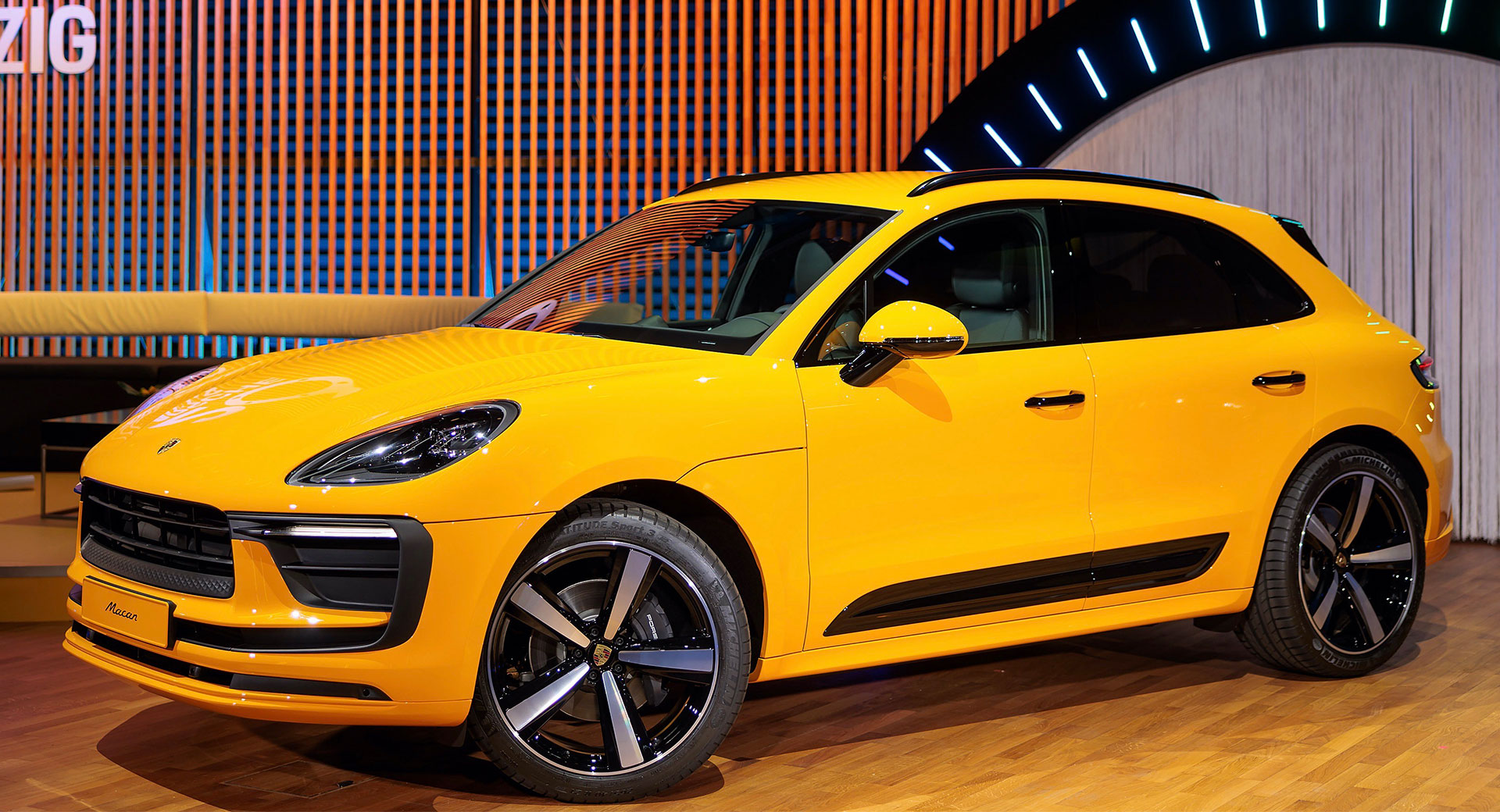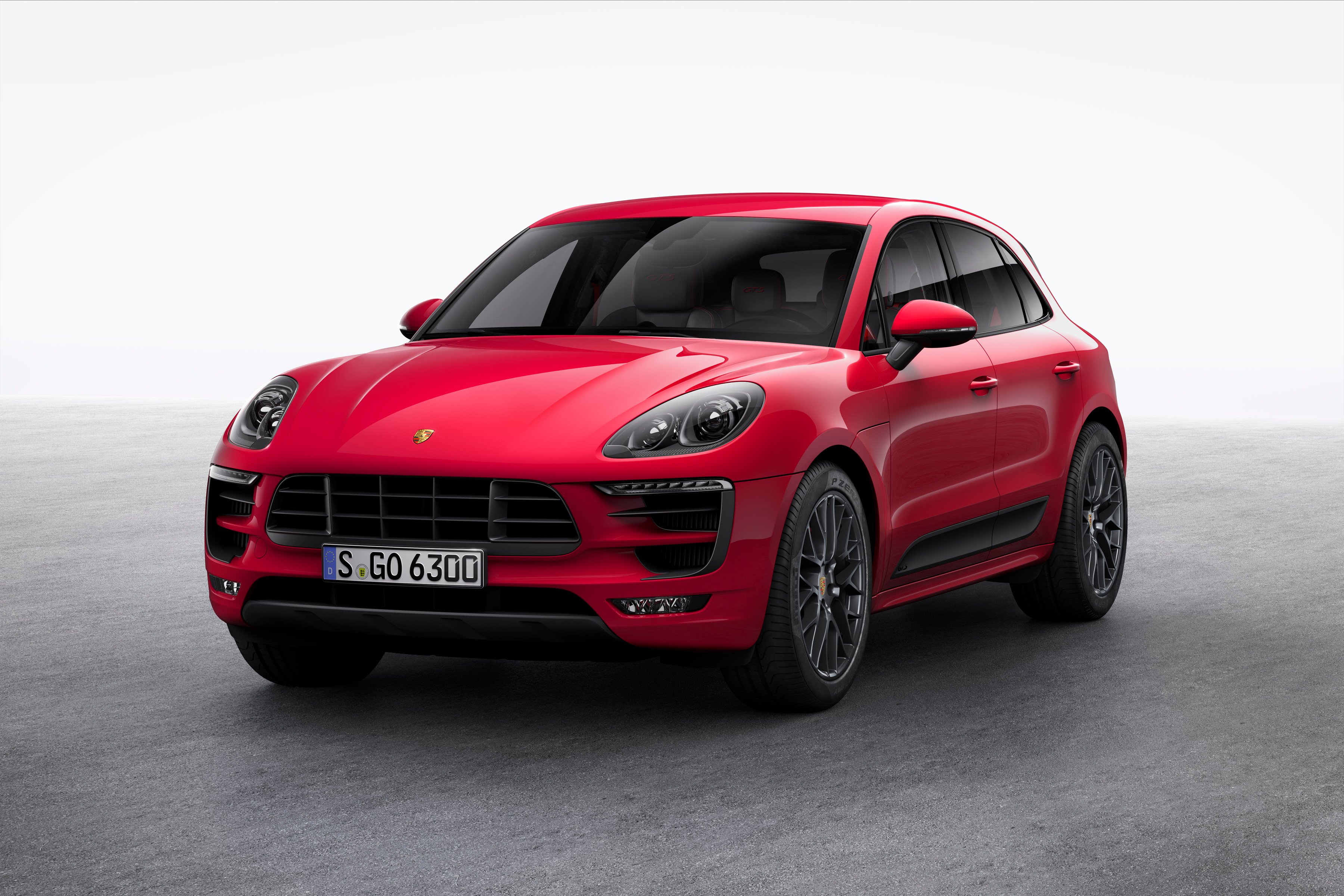Understanding The Weight Of The Porsche Macan: A Full Overview
Share
When it comes to luxury compact SUVs, the Porsche Macan stands out not only for its performance and styling but also for its engineering that balances power with practicality. A major aspect that directly influences the driving experience of any vehicle—especially sports SUVs like the Macan—is its weight. In this blog post, we will delve into the importance of weight in the Porsche Macan, how it compares to its competitors, and how it affects performance, handling, and efficiency.

The Weight Specifications of the Porsche Macan
The Porsche Macan weighs in at approximately 4,000 pounds (about 1,814 kilograms) for the base model. This weight can vary slightly depending on the specific configuration and optional features selected. For instance, the Macan S and Macan GTS models tend to be heavier due to their upgraded performance components and additional features, but they maintain similar proportions that ensure the robust handling characteristics that Porsche is known for.
When analyzing the weight distribution, it is essential to note that the Macan's weight is evenly distributed between the front and rear axles. This near-perfect 50/50 weight distribution contributes significantly to its exceptional handling, making it feel more like a sports car than an SUV.

Why Weight Matters in the Porsche Macan
The weight of a vehicle has a profound impact on various performance aspects, including acceleration, braking distance, fuel efficiency, and cornering dynamics.
Acceleration and Power-to-Weight Ratio
One of the first things enthusiasts examine is the power-to-weight ratio. The Porsche Macan, with its turbocharged engines producing a substantial amount of horsepower, is designed to offer exhilarating acceleration despite its weight. The base Macan, for instance, delivers 265 hp, whereas the Macan S steps it up with a muscular 375 hp. These impressive figures help ensure that the Macan performs well off the line, even with its larger frame.
Lighter vehicles typically have quicker acceleration times, but the engineering prowess of the Macan allows it to perform effectively despite its weight. It can accelerate from 0 to 60 mph in as little as 6.4 seconds for the standard model and an impressive 4.6 seconds for the Macan Turbo.

Braking and Stability
Another significant factor affected by weight is braking performance. A heavier vehicle typically requires more substantial braking forces to achieve the same stopping distance. Thankfully, the Porsche Macan comes equipped with high-performance brakes that are finely tuned to compensate for its weight, ensuring that it stops efficiently while maintaining driver confidence.
Furthermore, the weight of the Macan also contributes to its stability on the road. The higher mass provides a planted feeling, especially when cornering, reducing the likelihood of body roll and enhancing overall grip.
Weight Compared to Competitors
When comparing the weight of the Porsche Macan to its competitors, it’s insightful to look at similar luxury compact SUVs like the BMW X3, Audi Q5, and Mercedes-Benz GLC.
- BMW X3: The base model has a weight of approximately 3,800 pounds.
- Audi Q5: The Q5 weighs around 4,000 pounds in its base variant.
- Mercedes-Benz GLC: It falls close to the Macan's weight at about 3,800 pounds.
While the Macan is slightly heavier than some of its rivals, it compensates with superior handling and driving dynamics that make it a favorite among driving enthusiasts. This additional weight often correlates with the SUV's structural integrity and luxury features, contributing to the overall feel of quality that Porsche is known for.

Impact on Fuel Efficiency
A downside to the weight of the Porsche Macan is its effect on fuel economy. Heavier vehicles generally consume more fuel, influencing the EPA ratings. The base Macan's fuel consumption is estimated at around 19 city/25 highway mpg, while the more powerful Macan S achieves slightly lower figures due to its increased weight and power capabilities.
However, Porsche has made strides in engineering to ensure that power does not come at the expense of efficiency. Features like the eight-speed automatic transmission help optimize performance without heavy fuel penalties.

Conclusion: Should You Be Concerned About the Weight of the Porsche Macan?
In the end, the weight of the Porsche Macan is an essential part of what makes it a unique offering in the compact SUV market. While it might not be the lightest in its class, its excellent weight distribution, high power-to-weight ratio, and superior engineering all contribute to its performance and driving enjoyment. For those who prioritize handling and a spirited driving experience, the Macan remains one of the top choices.
In summary, the weight of the Porsche Macan reinforces its reputation as a driver’s vehicle that combines luxury with sporty driving dynamics. Whether you’re navigating city streets or tackling winding mountain roads, the Macan delivers a driving experience that aligns with Porsche's legendary performance legacy.
If you’re considering a luxury compact SUV that doesn’t skimp on excitement, the Porsche Macan's thoughtful engineering and design might just make it the perfect choice for you.
By understanding the implications of the Macan's weight, potential buyers can make a more informed choice while embracing the exhilarating performance that comes with a Porsche badge.